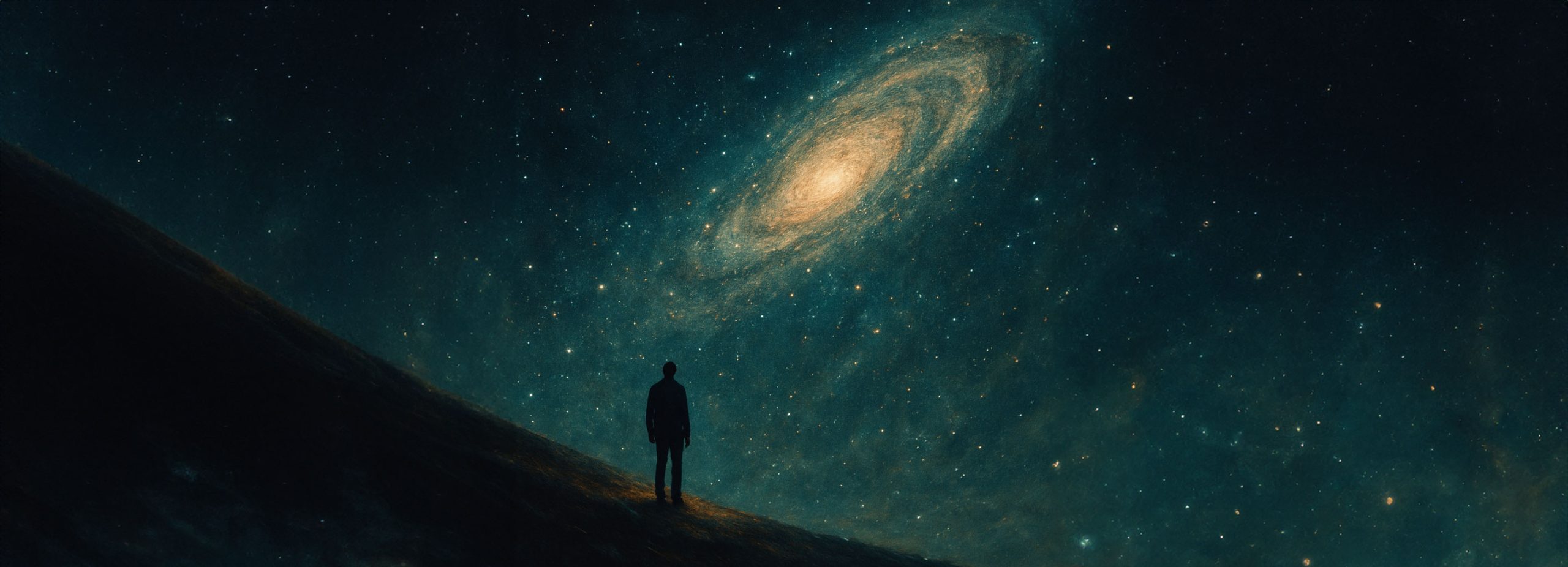I often wonder: What is the meaning of life? Why do we exist? Do we have a purpose? And most of all—what gives meaning to the universe itself?
The universe is vast beyond comprehension. We are a speck in the solar system, which itself is a fragment of the Milky Way—one among billions of galaxies scattered through space.
As far as we know, Earth is the only place where life exists as we understand it. From our perspective, it can feel as if the universe was made for us. It’s no surprise—we’re the ones telling the story, assigning meaning to ourselves, our actions, and our beliefs.
But what do we really mean by “meaning”?
It’s a strange concept—almost like time. Both only seem to exist when there’s someone to experience them.
For anything to mean something, doesn’t someone need to understand it? Meaning seems to require a mind. We perceive time—past, present, future—and we carry within us joy, sorrow, hunger, and survival. We find beauty in sunsets, rain, the sky, trees, oceans, and the lives we share the planet with.
Then we wonder: Are we the only ones capable of this? We look to the stars, dreaming of expansion, of becoming a multiplanetary species—perhaps to ensure the meaning we’ve created doesn’t vanish.
Imagine humanity vanishes—no one left. What would tomorrow mean then?
Would the entire universe lose its meaning with us?
Would one day differ in any way from a million years?
The Earth would keep spinning—unnoticed.
Days and years would pass, uncounted.
Stars would collapse without witness.
The universe would fade in silence—without meaning.
Would that be meaningless?
Or could meaning still be embedded within the universe itself, like a song—existing whether or not it’s heard?
Perhaps the end of the universe would come no louder than the moment the last human disappears.
Not with a bang—but with the vanishing of the last question.
Of course, this assumes we’re truly alone in the universe.
And maybe… we’re not.
As for the question of whether we’re truly alone… I’ll leave that for another time.

Leave a Reply